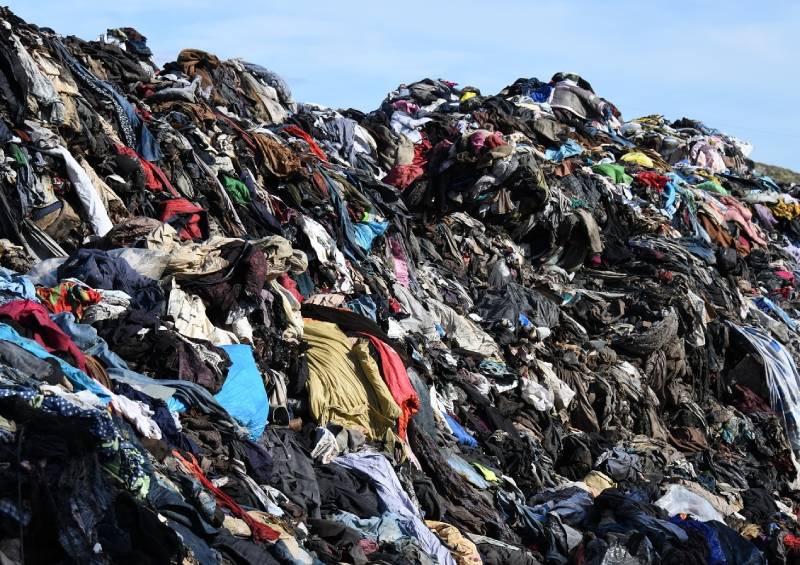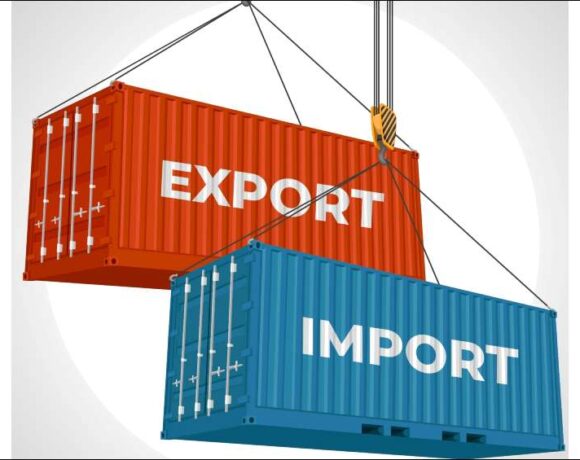Textile Waste Mismanagement Costs Bangladesh Billions

A recent study reveals that Bangladesh is losing out on $5 billion in potential annual export revenue due to a lack of policies for recycling post-industrial textile waste, known as jhut. The report, “Regulatory Framework to Enable Recycling of Post-Industrial Waste (Jhut) for the RMG Industry in Bangladesh,” stresses the need for a circular economy approach and formalization of the jhut sector to drive innovation and industrial growth. However, political challenges have hindered progress.
Currently, Bangladesh recycles only 5-7% of its 100% cotton and cotton-elastane waste, producing 18,000 to 24,000 tonnes of apparel-grade yarn annually from 330,000 to 500,000 tonnes of waste. Over 55% of this waste is exported to recycling companies, while the rest is downcycled or disposed of through environmentally harmful methods.
The study, conducted by GIZ GmbH and H&M, outlines key reforms needed to improve the jhut sector, including stakeholder collaboration, workers’ rights protection, circular economy practices, and technology adoption. Recommendations include creating a national jhut database, establishing recycling guidelines, revising tax rules, and offering incentives for formalizing jhut management.
The report also highlights the severe environmental impact of current disposal methods, including air pollution and chemical leaching. It identifies major challenges in the recycling industry, such as the need for better sorting and timely disposal, and warns of potential resistance from those benefiting from the status quo.
Faruque Hassan, former president of the Bangladesh Garment Manufacturers and Exporters Association, noted that the industry has begun recycling efforts, which could reduce import costs and strengthen the local supply chain. He emphasized the importance of setting up jhut collection points, despite political delays.
The global shift towards sustainability in textiles offers Bangladesh a chance to boost trade and formal employment by adopting circular economy models. The study calls for stronger collaboration among government, manufacturers, NGOs, and recycling firms to build sustainable infrastructure and enforce labor laws, ensuring safe working conditions and promoting the use of recycled materials in products.













